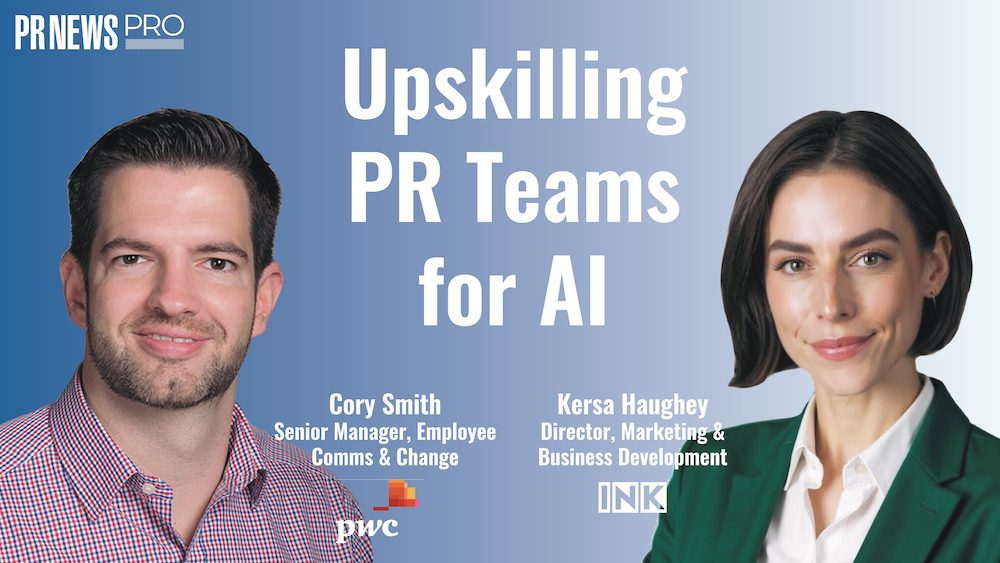The other day, we had a phone call with someone that does what every successful performance marketer looks forward to doing – investing in others. On the surface, it sounds like such a fun job, finding companies at a particular stage of interest to you and getting to take a little piece of equity in them. Perhaps, there is something about it that feels like the professional person’s version of scratch and win or a lottery ticket. Who wouldn’t want to have had the chance to invest a little in Facebook. It’s one thing if you were that lucky angel who’s $25,000 stake will turn into $10mm. That’s better than being one of the first people on AdWords. Even, Microsoft, though, who put in $250mm at the then “ridiculous” valuation of $15bn stands to make quite a return off that investment. Whether it’s tangible results such as earning upwards of $700mm in revenue last year or this year’s expected $1.5bn, Facebook continues its assault.
Some of Facebook’s moves look like obvious revenue generators. Others can be obscure, some the value realized later, while a handful fall into the category of surely game changing. Opening up the Facebook API to developers. Game changing. It wasn’t an obvious revenue generator at the time. They didn’t charge anything or ask anything in return. Yet today, the social game channel easily accounts for 20% of their revenue not including the ads spent by developers to attract more players. They knew that changing user behavior was the goal. They could afford to delay monetization. It seems that they are doing this again. In an amazingly coordinated announcement this week – just the right amount of hype and context – the company stole the headlines from Apple signing the Beatles by unveiling their new communication platform – Messages.
The company has already achieved its goal of becoming the hub of our digital identities. Just look at Facebook Connect and the number of businesses that have forgone a traditional login system in favor of leveraging Facebook’s. That Messages has come at this stage in their development seems interesting. It reminds us of a conversation we had during that crucial juncture where MySpace overtook Friendster. We didn’t understand the appeal of social networks, but the person we were talking to sure did, even if he was a direct marketer. He said social networks were simply an evolution on existing forms of communication. While they might have had the added benefit of offering free dating, that wasn’t the main cause of their popularity. Given that social networking is all about innovations in communication, you might think the company would have made Messages a focus earlier. The current system was clever but clunky – want to read a message via your existing email client, you could. Want to reply? You had to be on their site or on their app.
By being annoying in their control of which services you could use off the site, they put themselves in the all important position of leverage; they have modified user behavior to spend time on and become addicted to Facebook as a means for communicating. By trying to insert itself “at the center of all forms of communication,” as Business Insider described the new platform, Facebook looks as though it is simplifying our lives instead of co-opting it. Yet, a focus on communication makes absolute sense. As for what they’ve unleashed, Mark Zuckerberg said the following during his presentation, “It’s not email. It’s true that people will get to have @facbook email addresses. They’ve modeled it “more after chat” (messages are sent by hitting Enter) according to Andrew Bosworth, who heads up engineering. As Zuckerberg emphasizes again, it “is not an email killer. It is a messaging system that includes email.”
Everything about the positioning is subtle. It’s not email because they avoided the temptation to simply create an @facebook address for everyone and tie it into their online inbox. It’s not email because it’s not about Subject lines or the traditional hallmarks of email. It does include, as Gizmodo discusses, elements of certain email clients, such as Google’s Priority Inbox, but even discussing that feature brings us full circle to the core of Facebook, i.e., we’re back to identity again. Facebook is the keeper of your social graph. They will be prioritizing based on it too – messages from friends and friends of friends go into one folder; all else go somewhere else, along with lots of options to configure who goes where for those rare few non-Facebook users. But, it is all about identity and creating a stronger connection between Facebook and your identity on and offline.
The Facebook Blog says, “Messages is built for communicating with your friends, so it made sense to organize primarily around people. All of your messages with someone will be together in one place, whether they are sent over chat, email or SMS. You can see everything you’ve discussed with each friend as a single conversation.” As they say so innocuously later in the post, “It seems wrong that an email message from your best friend gets sandwiched between a bill and a bank statement. It’s not that those other messages aren’t important, but one of them is more meaningful.” Remember the friends and other folder concept, along with tools to manage it? Well, “You can also change your account settings to be even more limited and bounce any emails that aren’t exclusively from friends.” It’s not too early to call this the death of email, but it’s certainly not too soon to say that those with expertise on the ad platform just got even more valuable.
 Network
Network

